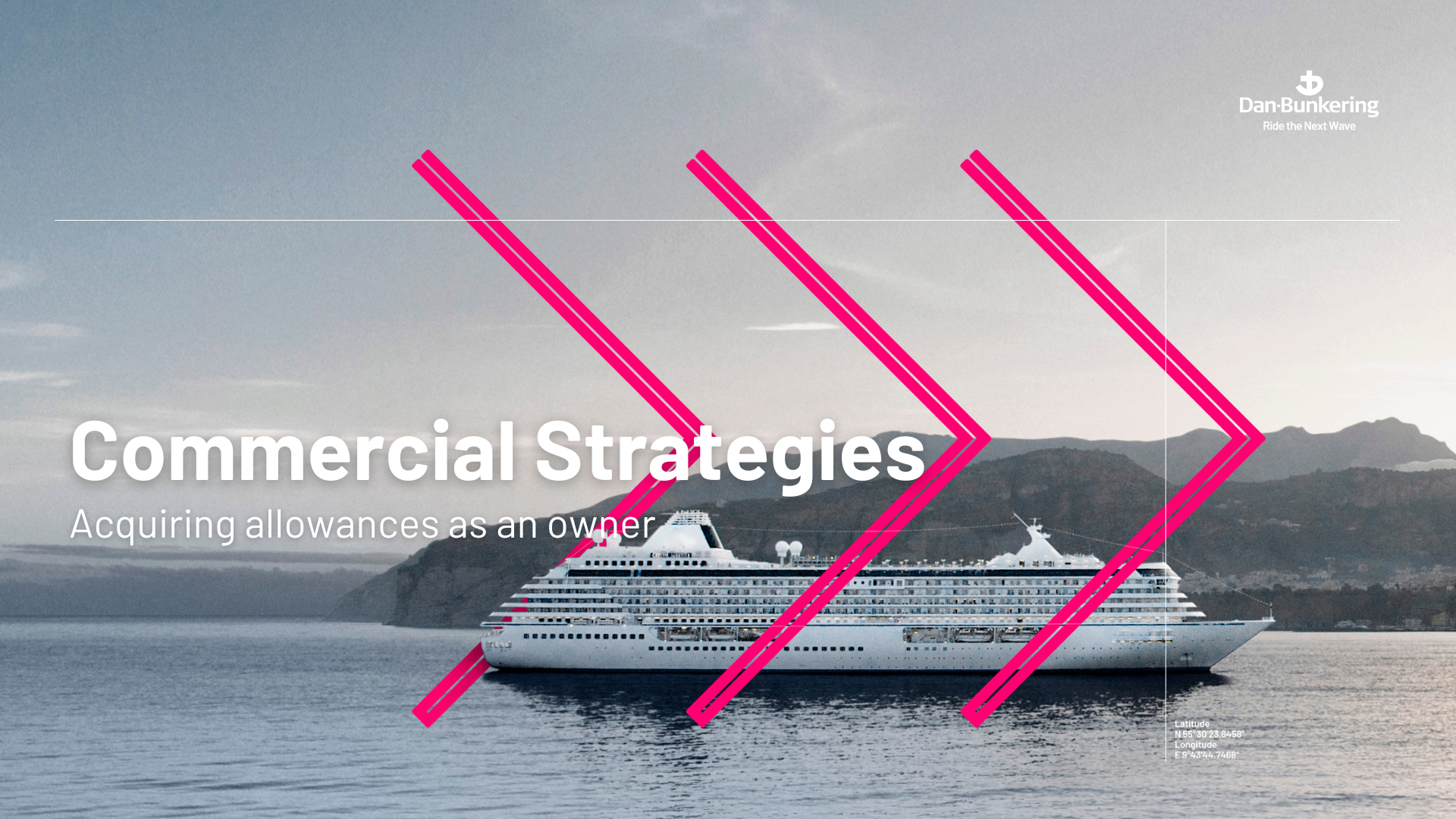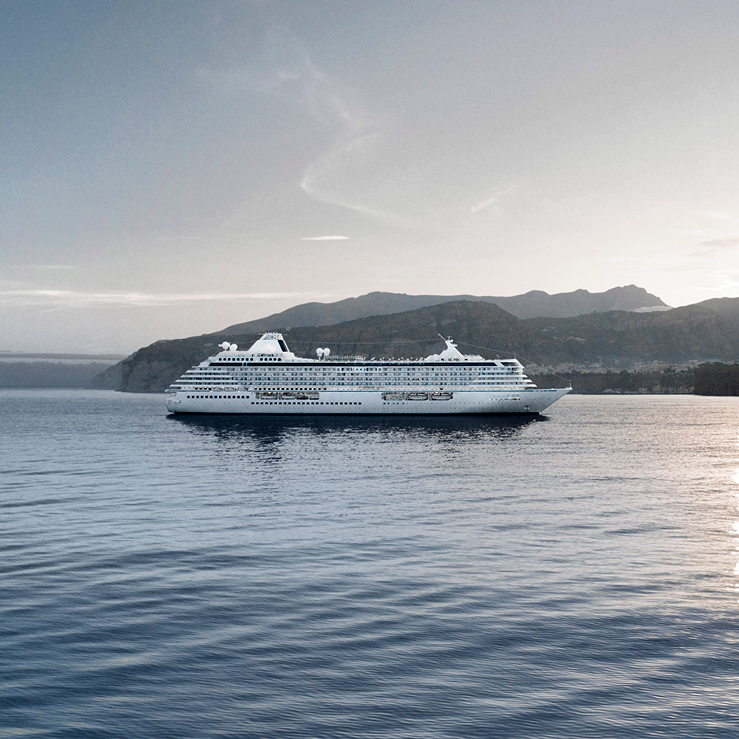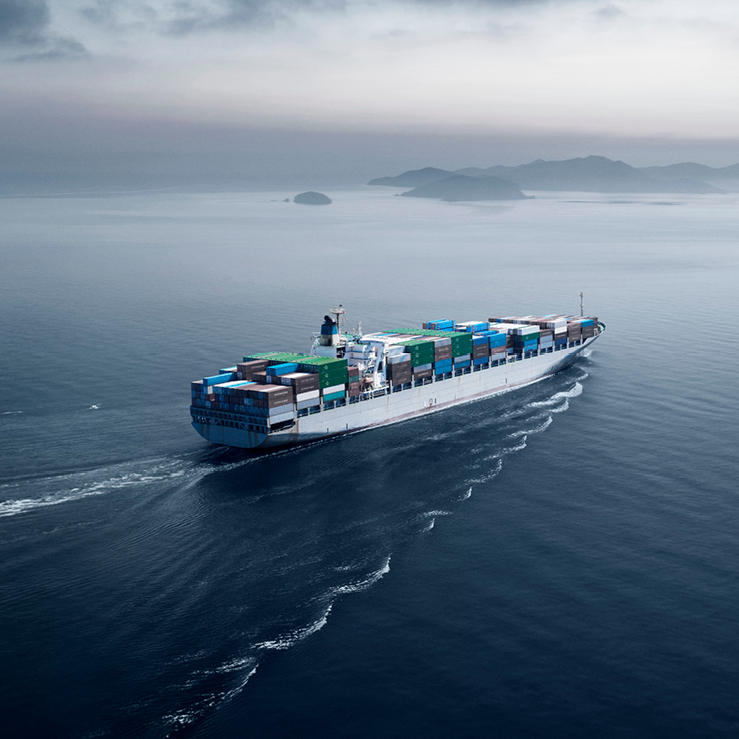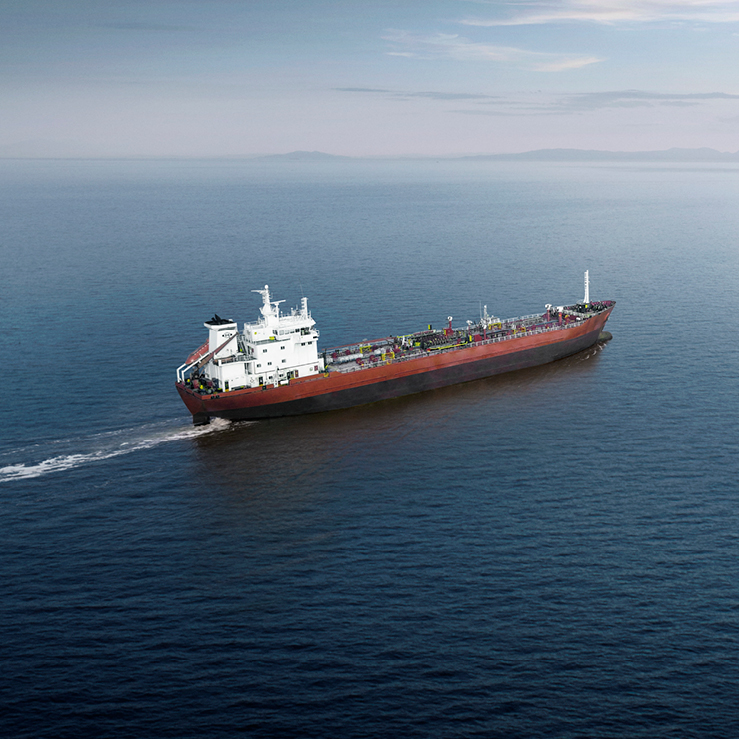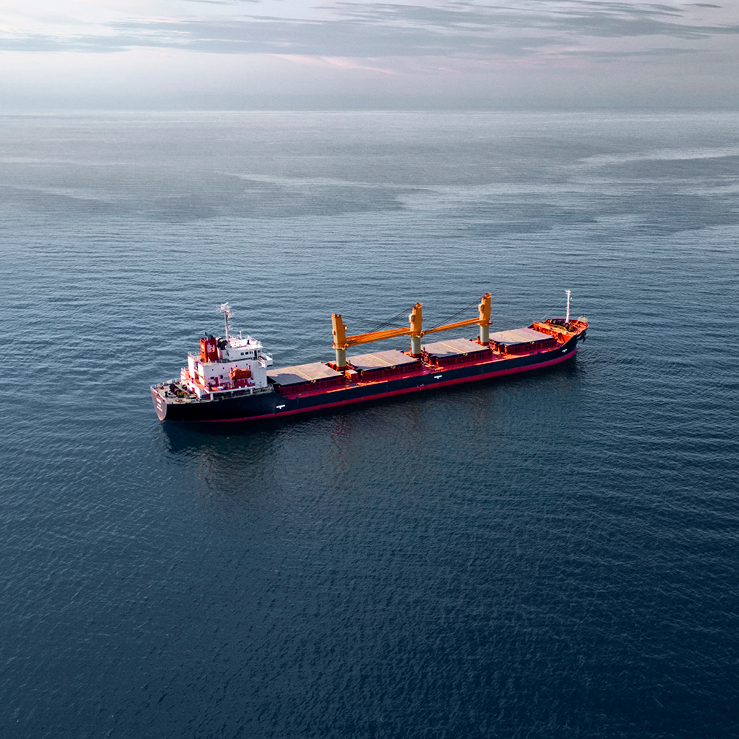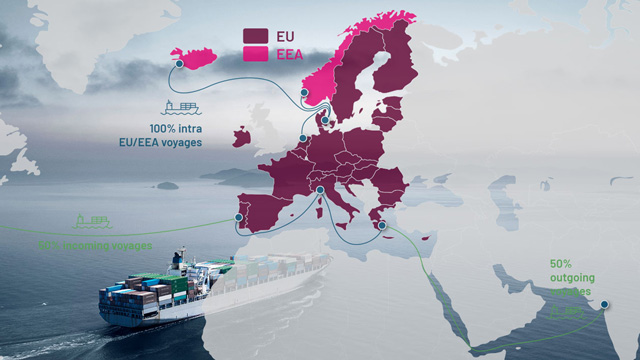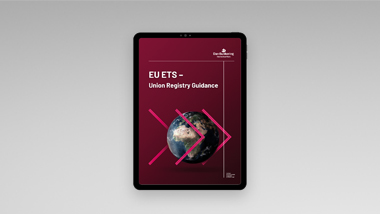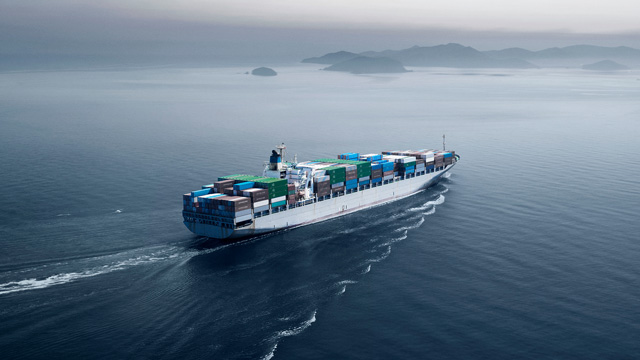Plan a Cost‑Effective EU ETS Strategy Today
Ensure full regulatory compliance while optimising your cost exposure. Dan‑Bunkering can help you develop and execute an efficient, data‑driven EU ETS compliance plan.
The EU ETS is more than just another regulation – it's a fundamental shift in how we approach decarbonisation in the maritime industry. It's about reducing greenhouse gas emissions, promoting and supporting new technologies and alternative fuels, and ultimately, safeguarding our planet for future generations.
Early preparation is the best course of action. Avoid unnecessary unforeseen costs by factoring compliance in from the moment you enter a charter party or commit to offshore construction.







